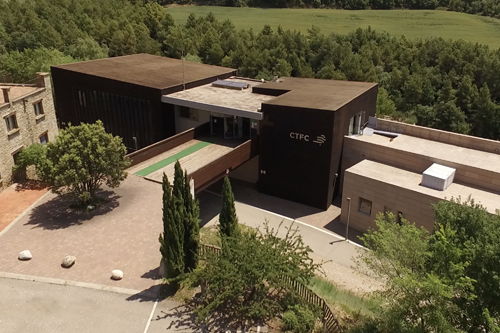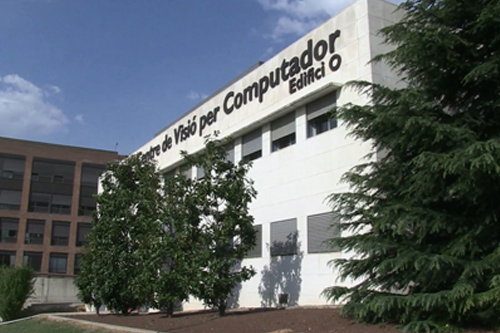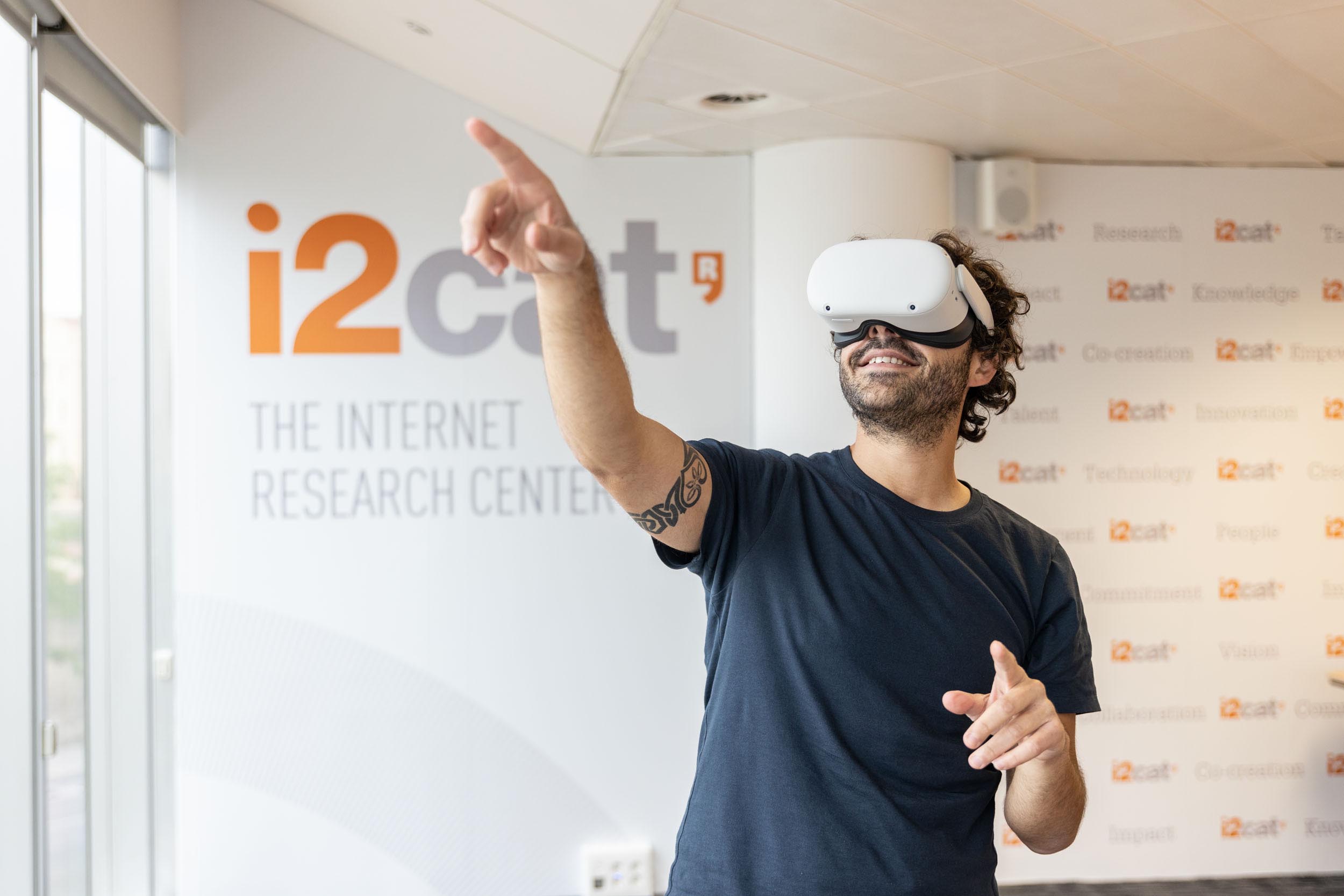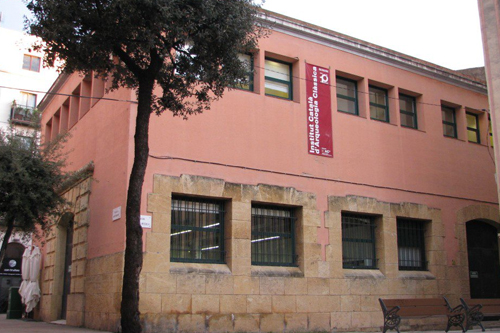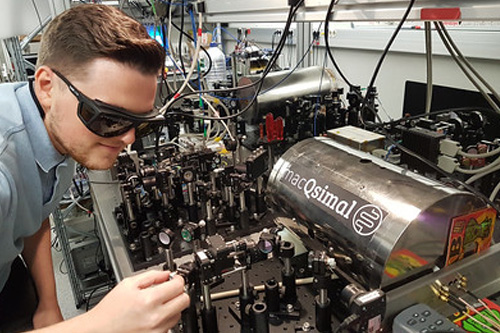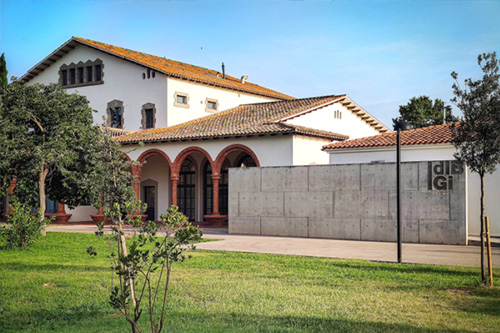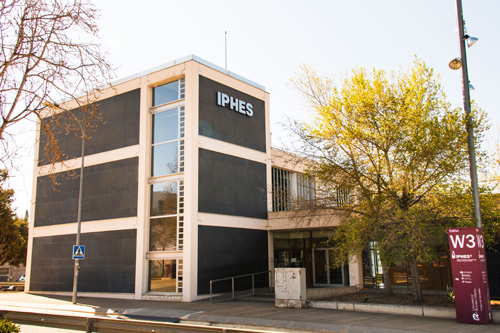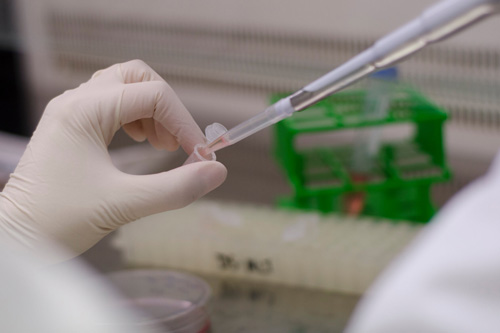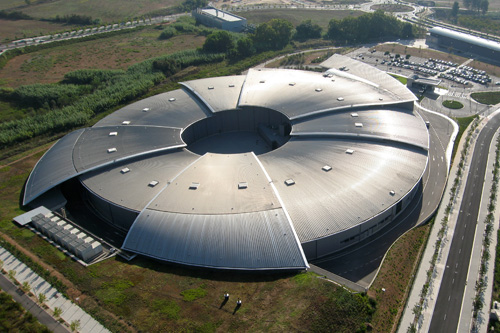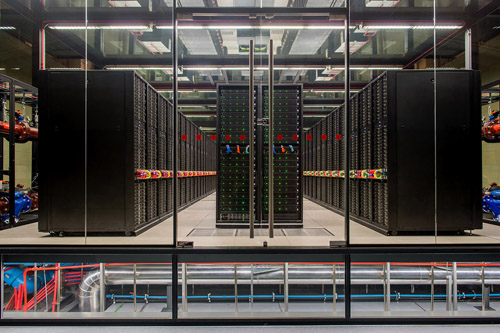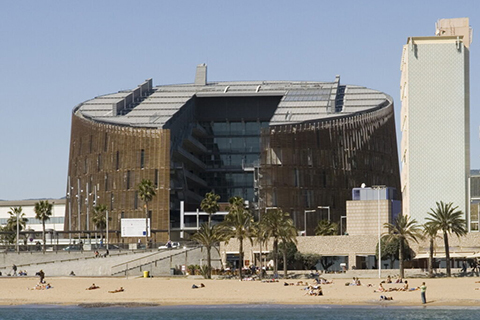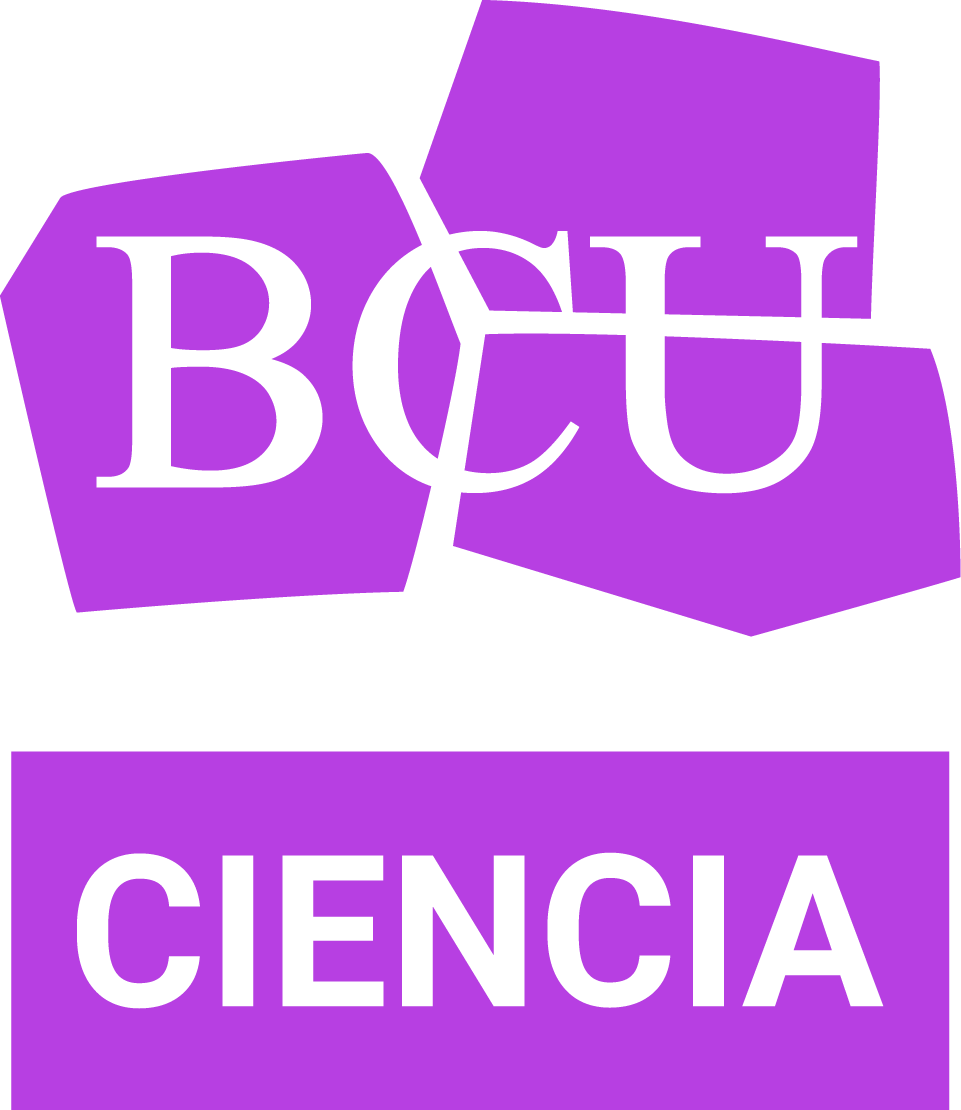CIENCIA EN BARCELONA
BCU – CIENCIA
La investigación a tu alcance
Cataluña cuenta con centros de investigación y grandes infraestructuras de referencia internacional que tienen por objeto principal la investigación científica de excelencia. Algunos de ellos se pueden visitar:
CTFC (Centro de Ciencia y Tecnología Forestal de Cataluña)
Contribuye a la ciencia para la gestión forestal sostenible, la biodiversidad y la bioeconomía circular. Ofrece visitas bajo demanda.
CVC (Centro de Visión por Computador)
Lleva a cabo investigación de vanguardia en el campo de la visión por computador y fomenta la transferencia de conocimiento a la industria y a la sociedad. Ofrece visitas bajo demanda.
Fundación i2cat
Impulsa la investigación en los campos del 5G, IoT, las Tecnologías Inmersivas, la Inteligencia Artificial, RINA, el sector New Space, la Innovación Social y Digital, la Ciberseguridad y el Blockchain. Ofrece visitas para grupos bajo demanda.
ICAC (Instituto Catalán de Arqueología Clásica)
Tiene como finalidad la investigación, la formación avanzada y la difusión de la civilización y la cultura en la Mediterránea, desde la protohistoria hasta la antigüedad tardía, en todas sus expresiones materiales e inmateriales. Ofrece visitas bajo demanda.
ICFO (Instituto de Ciencias Fotónicas)
Lleva a cabo investigación, tanto básica como aplicada, de amplio alcance y al más alto nivel internacional de las diferentes ramas de las ciencias y tecnologías de la luz.
IdIBGi (Institut d’Investigació Biomèdica de Girona Dr. Josep Trueta)
Tiene como finalidad promover, desarrollar, gestionar, transferir y difundir la investigación biomédica, el conocimiento científico y tecnológico, la docencia y la formación en el ámbito de las ciencias de la vida y de la salud, principalmente en el entorno de Gerona.
IPHES (Instituto Catalán de Paleoecología Humana y Evolución Social)
Promueve la investigación avanzada, la educación y transferencia de conocimiento, y el compromiso social con la ciencia. Cruza y combina diferentes campos de la ciencia para aplicarlos al estudio de la evolución humana y social. Ofrece visitas para grupos bajo demanda.
IRB Lleida (Instituto de Investigación Biomédica de Lleida)
Cubre una cadena de investigación traslacional, desde la investigación básica hasta la investigación que estudia el comportamiento de las enfermedades en grandes grupos de población. Ofrece visitas para grupos bajo demanda.
Sincrotrón ALBA
Infraestructura científica de tercera generación, la más importante de la zona del Mediterráneo. Complejo de aceleradores de electrones para producir luz de sincrotrón, que permite visualizar la estructura atómica y molecular de los materiales y estudiar sus propiedades.
BSC-CNS (Barcelona Supercomputing Center-Centro Nacional de Supercomputación)
Especializado en computación de altas prestaciones (HPC), gestiona el MareNostrum, uno de los supercomputadores más potentes de Europa. Está al servicio de la comunidad científica internacional y de la industria que requiera servicios de HPC.
CRG (Centro de Regulación Genómica)
Centro de investigación biomédica internacional que tiene la misión de descubrir y promover el conocimiento en beneficio de la sociedad, la salud pública y la prosperidad económica. Puntualmente ofrece visitas guiadas.
¡MÁS QUE INTERESANTE!
NO TE PIERDAS ESTA SELECCIÓN DE ARTÍCULOS DE NUESTRA REVISTA Barcelona Talent Guide

Senescents cells..., artificial intelligence...
There are currently over 17,000 marine protected areas (MPAs) all around the world, covering approximately 9% of the oceans. However, only 23% of those areas are subject to clear-cut…
…
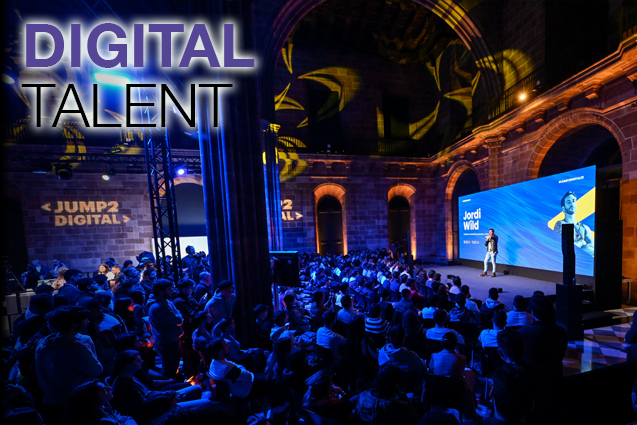
Barcelona, the digital talent capital
Mobile World Capital Barcelona, created initially to host the Mobile World Congress (MWC), is a public-private organization that activates the strategic potential of technological and digital…
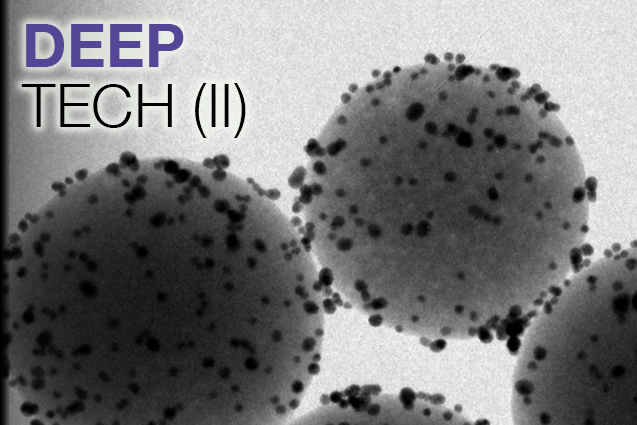
Deep Tech
Catalonia is home to almost 300 start-ups which may be classified as deep tech – companies centered around scientific knowledge and cutting-edge technological leaps such as biotechnology, artificial intelligence or frontier materials. Barcelona is the…

Fragile X syndrome, water scarcity, gut microbiota...
Fragile X syndrome is the main cause behind hereditary intellectual disability. Currently, it cannot be treated through any specific or definitive method; the only options are general …
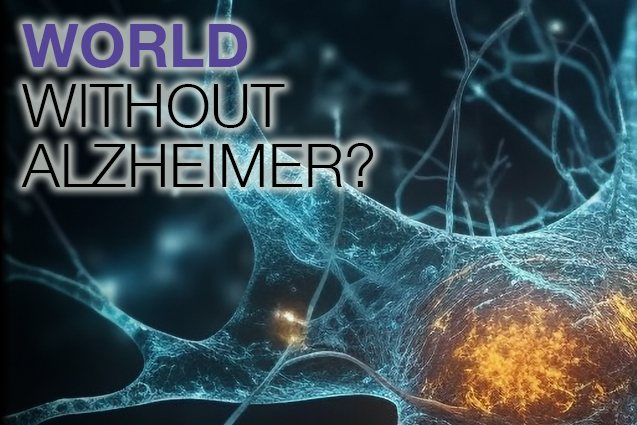
Alzheimer...
In the early years of the 20th century, Alois Alzheimer discovered the up until then unknown symptoms and neuropathological traits of a disease that today afflicts over 900,000 people in Spain and an estimated 50 million…

Diagnosis and evolution of rare diseases
The exact number of rare diseases in existence is unknown, but it is somewhere between 5,000 and 7,000. Due to their infrequency, these rare diseases can take years to be diagnosed…

Deep Tech
In Catalonia, almost half of startups are deep tech organisations, meaning they are based on scientific discoveries or engineering innovations and aim to improve the world around us.
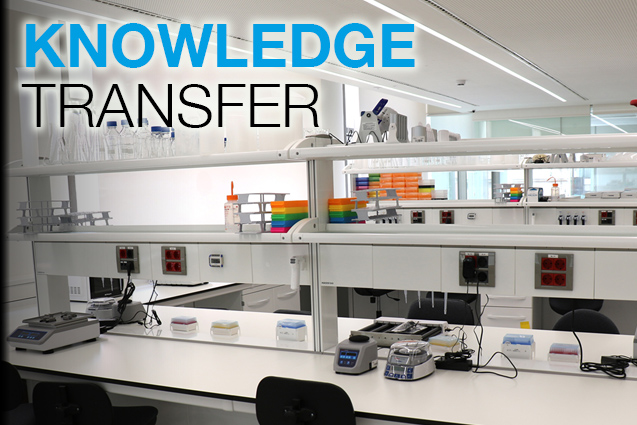
Alzheimer, Spectral images, Gene therapy...
Early, more accurate detection of Alzheimer’s
Spectral images with X-rays for food inspection
Gene therapy for the treatment of ataxias
Crossing biological barriers to optimise the potential of drugs
Overcoming the persistence of cancer
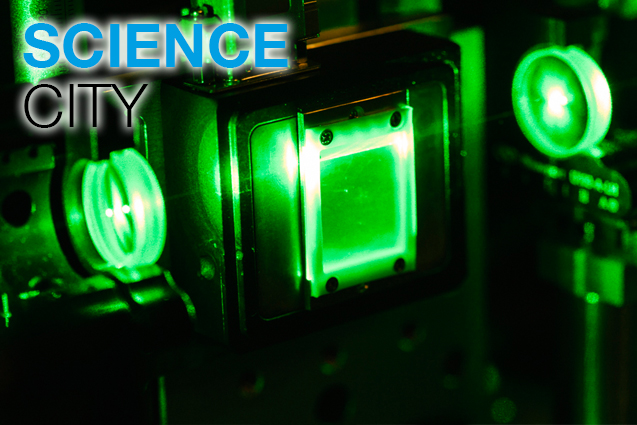
Science City
The Barcelona Institute of Science and Technology (BIST) is a leading, multi-disciplinary research institution that includes seven Catalan research centres, specialising in different scientific areas. All of them have been distinguished…
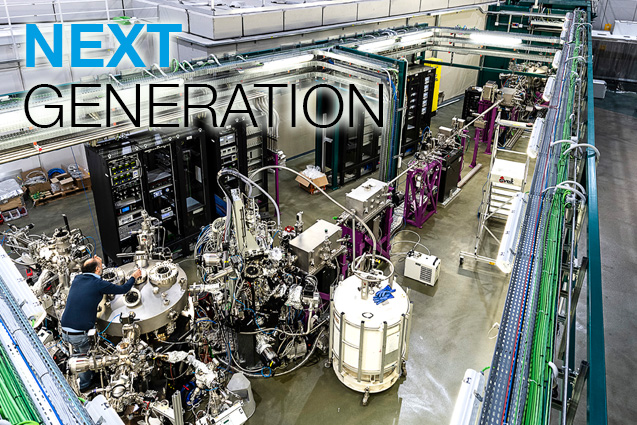
Next Generation
Next Generation EU are the funds agreed by the European Council in July 2020 as an extraordinary instrument for tackling the economic and social consequences of the pandemic. In order to implement part of these funds, the Ministry of Science and Innovation…
